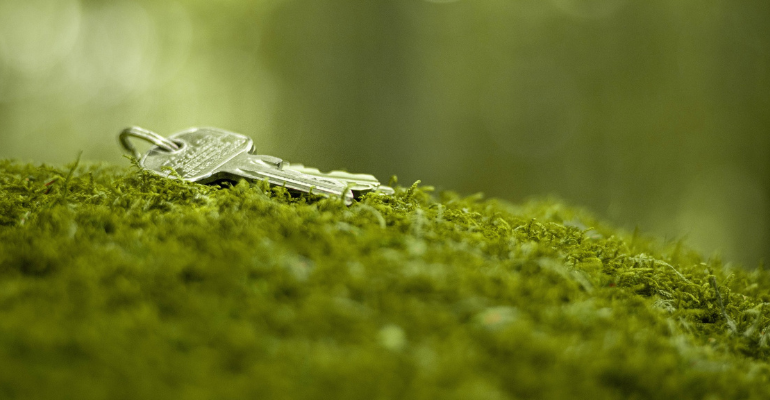In the name of Allāh, ar-Raḥmān (the most merciful), ar-Raḥīm (the bestower of mercy).
All praise is for Allāh, the Lord of the creation, he is perfect in his essence, names and attributes; al-Ḥayy (the eternal living), al-Qayyūm (self-sufficient). Glorified above any imperfection and weakness; never touched by illness nor affected by sleep.
May peace and blessings be upon his beloved messenger Muḥammad, his companions and followers.
There are times in which those around you are facing difficulty. It may be a friend who is struggling, or a family which is in trouble. In times like this, it is up to Muslims – as individuals, families, mosques and organisations – to stand up and demonstrate our Islām through serving humanity. In fact, community service is an intrinsic part of Islām in normal situations never mind times of need. The basis for this is the saying of Allāh,
{And cooperate in righteousness and piety, but do not cooperate in sin and aggression} [05:02]
Also, the reply of the Prophet ﷺ when a man asked him, “O Messenger of Allāh, which type of people are most beloved to Allāh?” He replied by saying,
The most beloved people to Allāh are those who are most beneficial for people. [1]
So serving your local community is a part of being a Muslim, and more so in times of tumult wherein actions are more important than words, and this is our test today.
Contemplate the following ḥadīth,
Indeed from among the people are those who are keys to goodness and closures of evil. And indeed from among the people are keys to evil and closures to goodness. So glad tidings for the one who Allāh has made a key to goodness and woe to the one who Allāh has made a key to evil. [2]
How can I be a key to goodness for my community?
- Know that many people will be suffering in isolation. The suffering may not always be financial. It could well be mental or emotional – especially the elderly and frail who have no one to turn to. Cases of depression and loneliness increase as people isolate themselves from the community. In such cases, a friendly phone call, card or even a note would be a significant service.
- Those in isolation may need somebody to collect their shopping or prescriptions; feed their pets or collect a parcel. Offer your services, whilst politely explaining to them that, as Muslims, you cannot buy alcohol or pork for them, however you are happy to help them with any other items.
- Look out for your neighbours, and relatives; ask about them and their families. Look out for tell-tale signs of struggling or distress.
- Do not wait for people to ask for help. You do not need permission to clean the backstreet, or remove an obstacle.
The Prophet ﷺ told us about a man whose sins were forgiven on account of removing a branch from a passer’s way,
While a man was walking by a roadside, he found a tree branch with thorn, he took it (out of the passers’ way), Allāh accepted his deed and forgave his sins. [3]
If a believer is rewarded for removing an obstacle from the path, or quenching the thirst of a dog, how great then would the reward by for alleviating physical, emotional or mental needs of the vulnerable?
Never underestimate the smallest acts of goodness; you may consider your action to be irrelevant however its effect on the recipient could well be immense, and greater still the reward which is with Allāh.
The Prophet ﷺ said,
Do not underestimate any kindness, even if it is merely meeting your brother with a smiling face. [4]
When there is uncertainty in your community, one thing is most certain – Allāh helps those who help others. This is not achieved through mere self-service but by embracing the call for service to others, as shown in the life examples of each and every one of our noble prophets. The above are only some ideas and suggestions towards acquiring the help, protection and pleasure of Allāh.
May Allāh alleviate the suffering of every ill person and remove the calamity from us.
Written by the one in need of Allāh,
Abul Abbaas Naveed Ayaaz
Nelson, Lancashire
22 Rajab, 1441h
Corresponding to 22nd March, 2020.
Footnotes:
Note: This article was written during COVID ’19, as an advice to Muslims to be of service to our communities. It was later adapted to make it more generic.
[1] Narrated by Ibn ‘Umar; Collected by at-Tabarāni.
[2] Ibn Mājah; declared Ḥasan by al-Albāni.
For an explanation of this ḥadīth, please read: https://madeenah.com/be-a-key-to-goodness
[3] Narrated by Abu Hurayrah; Collected by al-Bukhārī & Muslim.
[4] Narrated by Abu Dharr; Collected by Muslim.


